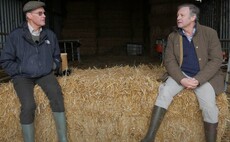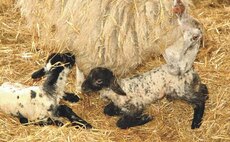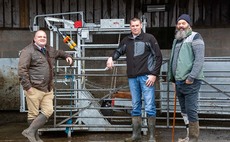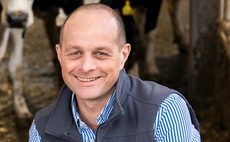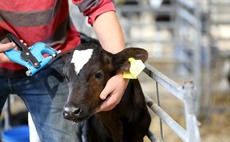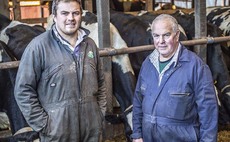Advice
Farm Life
A well-known Exmoor farmer has spoken out about his story of dealing with mounting pressures on his farm while battling colon cancer.
Farm Life
A new short film featuring two farmers openly discussing their experiences of mental ill-health and how they reached out for help has launched this week.
Livestock
Most calf and lamb losses occur in the first seven days after birth, according to new research as part of a Britain-wide study.
Livestock
Brexit and new policy framework discissions have created an opportunity to take a fresh look at the national ambition for animal health and welfare and how it can deliver for farmers, says Nuffield scholar Dr Grace O’Gorman.
Arable
With the farming industry braced for change in 2021, farm management software experts AgriWebb asked industry leaders their advice for farmers this year
Dairy
Exceptional feed efficiency and fertility drive the success of one family dairy farm on the edge of the Peak District.
Dairy
Dairy farming is too often a marginal business, so there is a need to drive profitability, and genetics is a great place to start.
Dairy
Identifying the elite females in a herd through genomic testing will increase efficiency and sustainability while improving profitability.
Dairy
Harnessing the power of genomics is driving genetic gain and providing the key to improved herd performance on a Wiltshire dairy farm.
Dairy
Feeding a sustainable dairy compound is helping one Cornish dairy farmer to meet the climate change challenge

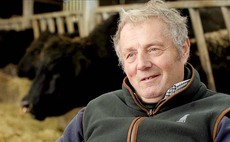
 09 March 2021
•
3 min read
09 March 2021
•
3 min read
